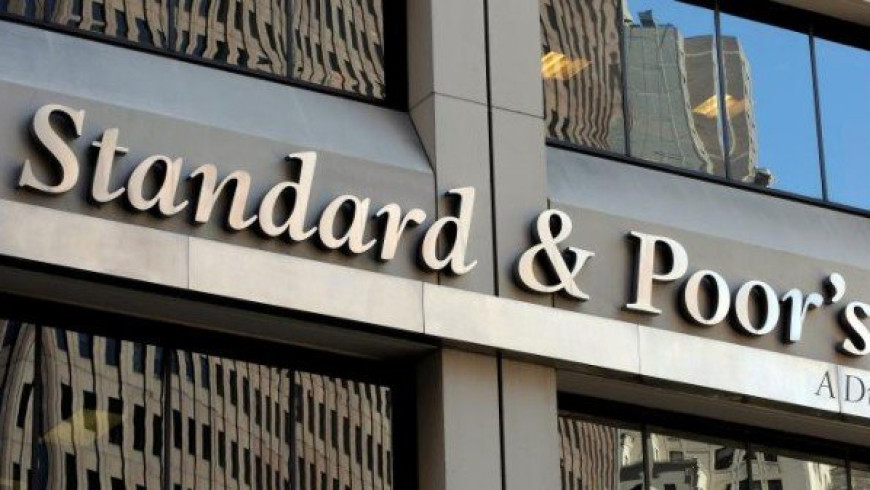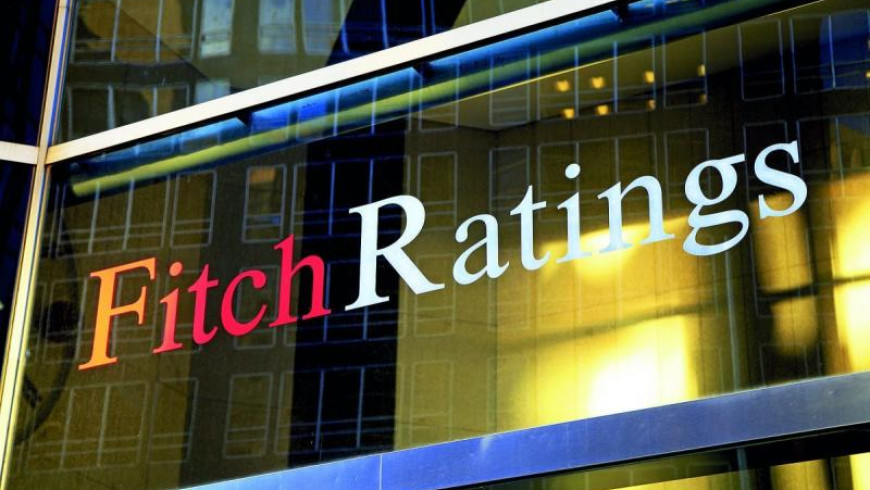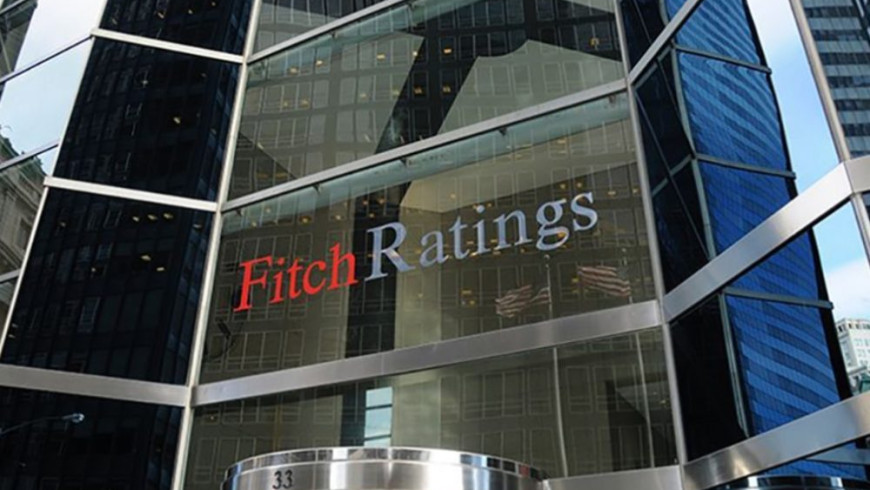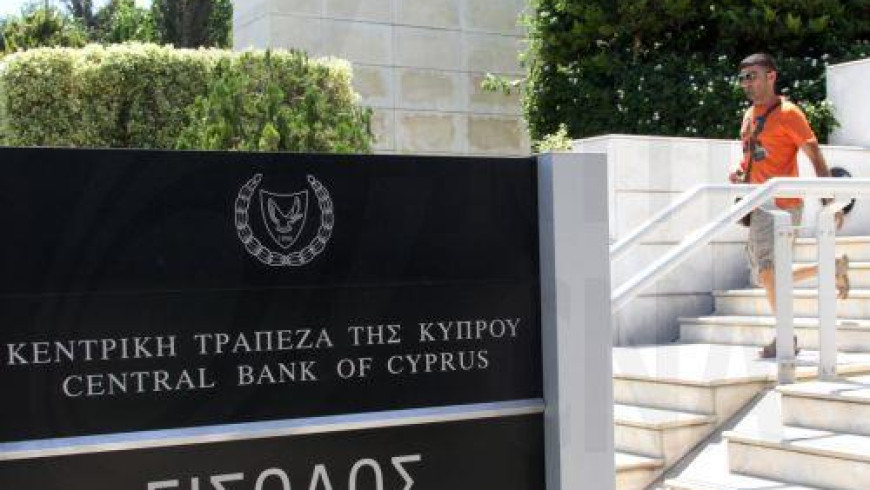
Rating agency Scope assigned a rating of BBB- to Cyprus’ long-term issuer rating, citing the ongoing economic recovery and restructuring of the banking sector; fiscal outperformance, and moderate refinancing needs.
The Germany-based rating agency, points out however that the still-too-high stock of non-performing loans remains a key credit weakness given, as it impacts the fragile banking sector, constraining profitability and credit lending; and the risk it poses to government finances in the context of a high public debt burden and a still-fragile market access.
The stable outlook reflects Scope’s assessment that the risks Cyprus is facing are broadly balanced, Scope added.
The agency also said that following the exit from its EU-IMF economic adjustment programme in March 2016, Cyprus’ economy has grown robustly, averaging 4.4% since Q2 2016, driven by solid private consumption, mostly foreign-funded investment, tourism and related construction, business services, and retail trade.
“These positive developments are underpinned by the country’s prudent macro-economic and financial policies and progress on structural reforms, leading to gains in price competitiveness over recent years, with real unit labour costs 10% below their 2010 levels, in line with Portugal’s figure and below the relative developments in the euro area,” the agency added.
Scope said it expects real GDP growth to average around 3.8% during 2018-20, driven by foreign-funded investment and robust domestic demand, thanks to a continuously improving labour market, relatively low inflation and weak payment discipline, boosting real household disposable incomes.
It cautioned however that once the foreign-funded investments are completed, Cyprus’ economic growth is expected to moderate to around 2%-2.5%.
Scope highlighted Cyprus’ “very strong fiscal performance” since the exit from the EU – IMF economic adjustment programme in 2016.
Despite these efforts, the sale of Cyprus Cooperative Bank (CCB), the second largest bank in the country, to Hellenic Bank resulted in a capital injection by the government of around €3.5bn, which is expected to increase the debt-to-GDP ratio to around 110% in 2018, from around 97% in 2017, it added, noting that Scope expects a primary surplus of around 4% of GDP for 2018-20, slightly below the government’s 2018 Stability Programme but among the highest in the EU.
Scope forecast that Cyprus debt-to-GDP ratio to decline from around 110% to around 80% by 2023, assuming that expected primary surpluses going forward, and more moderate growth rates.
“Despite this projected decline, debt-to-GDP will remain elevated, just below the IMF’s debt burden benchmark for advanced economies (85%) but above the Maastricht criterion (60%), indicating the need to maintain relatively high growth rates and a significant level of fiscal consolidation over multiple years,” Scope added.
The agency added that the BBB- rating is also supported by Cyprus’ active debt management operations, with its funding policy ensuring liquid assets coverage of the following nine-month period and new issuance in euro and fixed-rate format only.
On the banking sector, Scope said while the restructuring of the banking sector has improved its overall soundness and is thus expected to contribute to the flow of credit in the economy, strengthening investor confidence, “it also reinforces the link between the financial sector and the sovereign, raising the need for countercyclical bank capital buffers to reduce the probability and magnitude of shocks originating in the financial sector as well as strong fiscal buffers to absorb eventual crises.”
Furthermore, Scope believes that while the re-election of Nicos Anastasiades as president ensures a continued focus on fiscal consolidation, attracting foreign investments, and addressing the high NPL levels, the division of Cyprus remains a key geopolitical issue, as was again highlighted with Turkey`s intervention in the Eastern Mediterranean and the Aegean Sea, blocking exploratory drillings by energy company Eni on Greek-Cypriot territory.














 3287.99
3287.99 1275.09
1275.09
